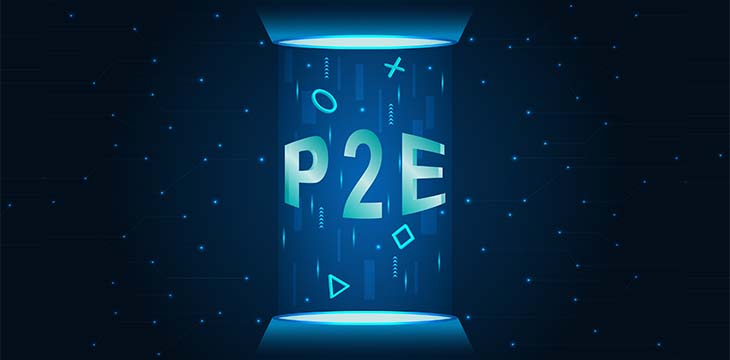
The South Korea Game Rating and Administration Committee, as part of its policy, does not allow any blockchain-based games to be released domestically due to gambling concerns. As of last December, the government directed Google and Apple to block all play-to-earn games from South Koreans.
However, President-elect Yoon Suk-yeol promised to lift this embargo as part of his campaign to open up South Korea to blockchain innovation. According to a report by Forkast News, the promise has so far not been kept.
In light of this, several South Korean gaming industry key players told the news outlet that the about-face by the government is making them consider launching their blockchain-based play-to-earn titles in new markets outside their home country.
Some of them have already adamantly announced plans to launch play-to-earn titles, including Netmarble, Com2uS, Kakao Games, Nexon, and Krafton. Netmarble’s plans include about a dozen titles that have NFTs integrated, according to Forbes.
Meanwhile, according to Kim Jung-tae, a professor of gamification at Dongyang University, the government’s cold feet in implementing the promise is related to its generally negative perception of the gaming industry.
“The president has not mentioned [P2E] since [taking office in May]. And the minister of culture repeats the same quote like a parrot—saying we need to take a careful and comprehensive approach… What’s the reason? I can assure you… they still perceive games negatively,” he said.
South Korea, play-to-earn, and digital assets
The government has for a long time considered gaming to be a social problem and a distraction to youth. Back in 2011, it introduced the “Shutdown Law” that prohibits teenagers from playing games beyond a certain time of day, lifting it only in 2021.
Despite the government’s perception of gaming, the South Korean gaming industry has continued to thrive. A survey shows around 70% of South Koreans are active gamers. Games have also been one of the top exports of South Korea as the country’s game makers have found massive success in other markets, including China.
Asides from not wanting play-to-earn games to thrive, the government has also raised concerns about digital assets. The government is working on comprehensive regulations for the sector that it plans to fully implement by 2024.
South Korea is not alone in its concerns over play-to-earn games. Following the heist on Axie Infinity’s Ronin bridge, the government of the Philippines also advised citizens to be cautious in investing in such games.
Watch: The BSV Global Blockchain Convention presentation, Scaling Games on Layer One: Why It Matters
https://www.youtube.com/watch?v=ggbZ8YedpBE&t=5997s

 09-21-2024
09-21-2024


